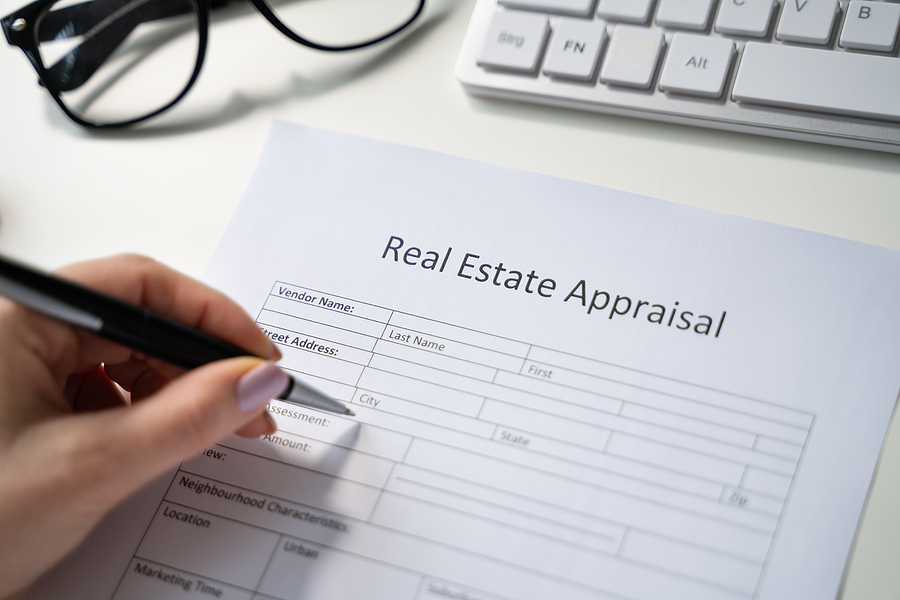Buying property is a matter of trust – but not of gut feeling
For many foreigners, buying a property in Spain is a lifelong dream – but also a legally complex matter. Especially if you’re unfamiliar with local customs, building regulations, and administrative processes, a seemingly smooth transaction can quickly turn into a legal or financial burden.
A common mistake: buyers rely on the documents provided by agents or sellers – without independent verification. But even if documents are present, that does not necessarily mean that everything is legally in order.
Why an expert review before purchase is essential
An experienced architect, lawyer, or surveyor can not only verify the authenticity of the documents but also assess whether the **actual use and construction** match the official permits. Only in this way can risks such as:
- unauthorized extensions,
- outdated or missing licenses,
- boundary disputes,
- mortgages or encumbrances in the land registry
be identified in time – before problems arise during renovation, rental, or resale.
Even after the purchase: better late than never
Even if the property has already been purchased, it may still be advisable (and sometimes urgently necessary) to carry out a post-purchase review – for example, if you:
- wish to apply for a tourist rental license,
- are planning renovations or structural changes,
- want to sell the property,
- or if authorities suddenly request documents or proof.
In many cases, deficiencies can be corrected through later legalization or special conditions – if identified in time.
Which documents and aspects should be reviewed
A professional check includes a variety of aspects, depending on the type and location of the property. The most important include:
- Land registry extract (Nota Simple) – Verification of ownership, mortgages, encumbrances, easements
- Cadastral data (Referencia Catastral) – Comparison with land registry and actual use
- Building permit (Licencia de Obra) – Was the construction legal? Were later extensions approved?
- Certificate of completion (Certificado de Final de Obra) – Was the construction officially signed off?
- Occupancy permit (Licencia de Primera o Segunda Ocupación) – Is residential use officially allowed?
- Energy performance certificate (Certificado de Eficiencia Energética) – Legally required for property sales
- Municipal tax receipts (IBI) – Are all local taxes paid?
- Availability and condition of utility connections – Electricity, water, sewage, gas
- Urban planning compliance – Are renovations allowed? Is holiday rental use permitted?
- Tourist license (if applicable) – Does it exist? Can it be applied for?
What an independent expert can do for you
A qualified professional not only carries out the review, but also:
- requests missing documents,
- communicates with authorities and departments,
- creates reports on legal or structural discrepancies,
- estimates the effort and costs for legalization,
- warns about legal risks or advises withdrawal from the purchase.
Conclusion: Better safe than sorry – don’t buy without checking!
A property in Spain can be a valuable investment and a long-term project – but only if the legal and structural foundations are solid. Don’t blindly trust agents or owners – seek independent expertise. It’s worth it – for your safety, your plans, and your peace of mind.
Image credit: AndreyPopov – bigstockphoto.com
